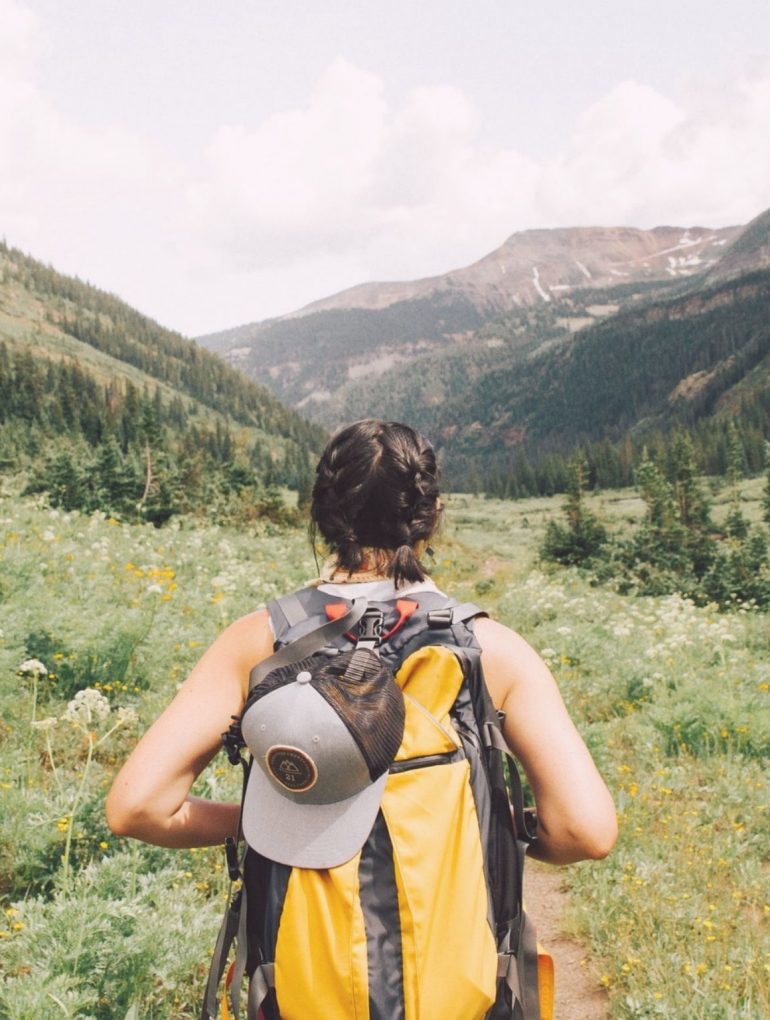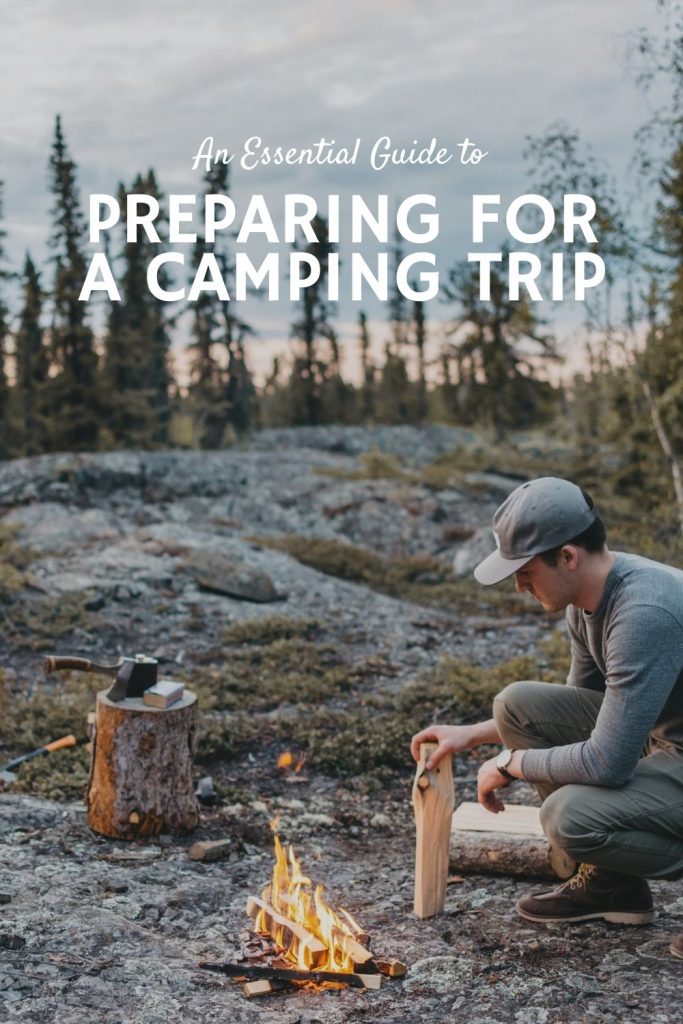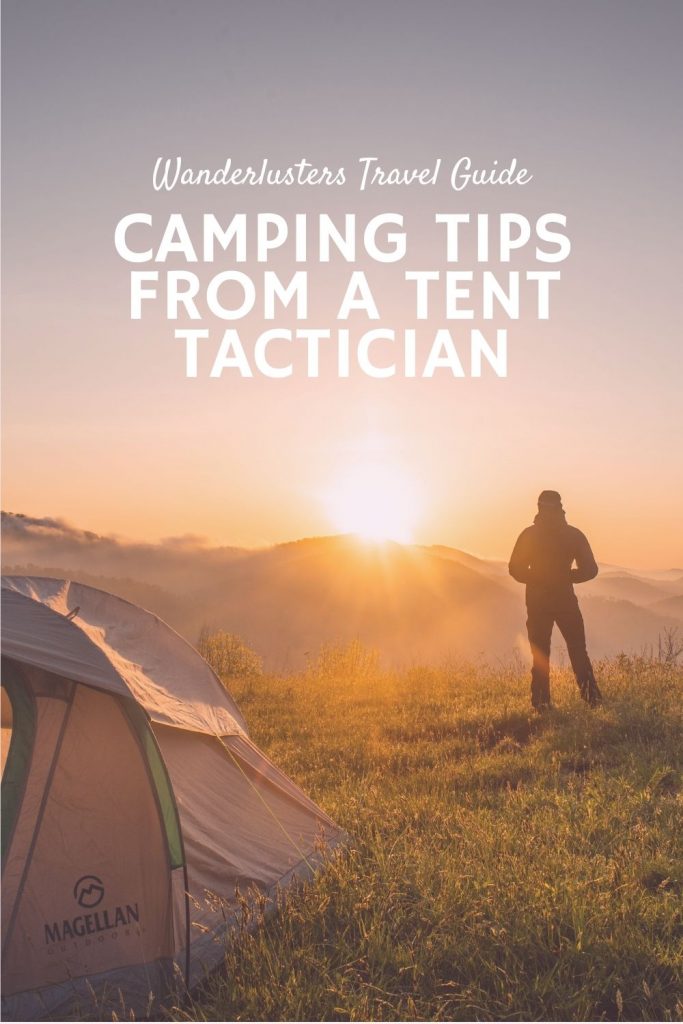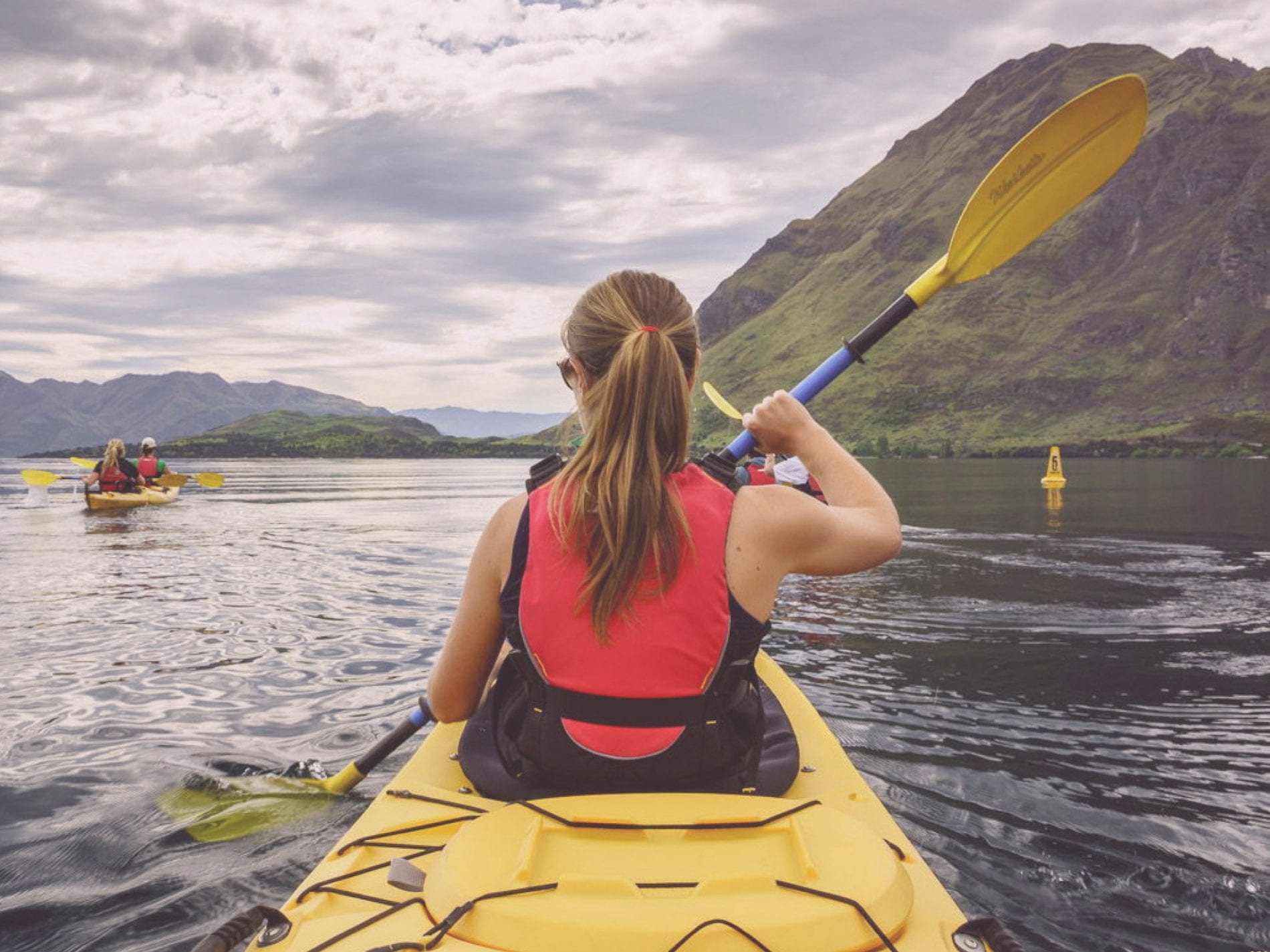Every time you set out on the road to head somewhere, there are several things that you need to do in order to keep safe and arrive in a timely manner.
The fact is that in some cases travellers who set out on the road don’t make it to their destination due to unfortunate and unforeseen circumstances. Many times, however, these circumstances can be avoided through proper planning and preparation.
The mountainous regions of North America offer some of the best views, the cleanest air, and an exhilarating experience in just getting there. But, this sort of trip does take a good bit of planning, especially if you’ve never been before. No matter if you’re heading out to the Appalachian Trail, riding through the Adirondack Park, or heading to the Rocky Mountains, following these tips will get you there safely, and ensure that you have a great experience.
Give your vehicle a thorough inspection
Ensuring that you have a vehicle that can handle mountainous terrain is the first step in taking a road trip into the mountains. While many American roads such as Interstates and major state highways are well-kept and the road conditions are good for all vehicles, mountain roads are narrow, unpaved, and can catch you out if you’re not used to driving in rural conditions.
If you’ll be travelling off the beaten path, especially out west, you’ll want to ensure that your vehicle can handle all types of road conditions.
Check that you have properly inflated off-road tires, or at least kit your vehicle out with all-season tires if driving in an all-wheel-drive SUV. While tires are probably the most critical, brakes are another major concern when navigating mountainous terrain.
It’s not uncommon for motorists to get stranded or cause an accident because of brakes overheating or failing when descending a steep mountainside. Getting your brakes properly inspected or replaced prior to any mountain travel is highly recommended.
In addition to this, do not “ride” your brakes when descending a mountain road. This will cause the brakes to overheat and can also cause serious damage to your vehicle, or possibly cause the brakes to fail.
READ MORE TRAVEL GUIDES FROM WANDERLUSTERS
Get coverage for every eventuality
It’s important to get adequate insurance coverage before you head out into the mountains. For trips such as these, you’ll want to make sure that your insurer will cover the cost of towing your vehicle any distance in order to recover it for repair, as well as some form of roadside assistance protection.
It’s not uncommon for people to get stranded on remote mountain passes. These roads aren’t nearly as frequently travelled as major highways and Interstate highways. Contact your insurance company and inquire about your roadside coverage. If you find it doesn’t offer you the cover you need, get a quote and purchase new insurance to be certain that you’re properly protected.
While your insurance coverage will help if you break down or get stranded while out in the mountains, a few other things you’ll bring along can also save your life.
Mountain roads are known for having rock slides and narrow passages. If you find yourself unable to move around an obstacle or stuck on a snowbank, you might have to wait for help. If this is the case, the following checklist will help to keep you safe until help arrives:
- Food and water (enough for a couple of days)
- Plenty of blankets
- Firestarter (flint, matches, lighter, etc)
- Lighter fluid or starter logs
- Road flares
- CB radio (or satellite phone)
- Shovel, axe, chainsaw, and tools
Though it’s not likely that you’ll have to cut a fallen tree out of your way, this does happen from time to time. It’s also not uncommon for a motorist to have to dig out from a snowbank with a shovel, so any extra equipment for these occurrences is highly recommended.
PIN THIS TO YOUR TRAVEL PINTEREST BOARD NOW!
The mountains offer us the tallest views and the most impressive landscapes, but you have to have respect for this land. These are remote regions, and they come along with numerous dangers and pitfalls for the unfamiliar traveller.
As long as you ensure that you’re properly prepared for any situation, your mountain trip will be one to remember and smile about for years to come.








